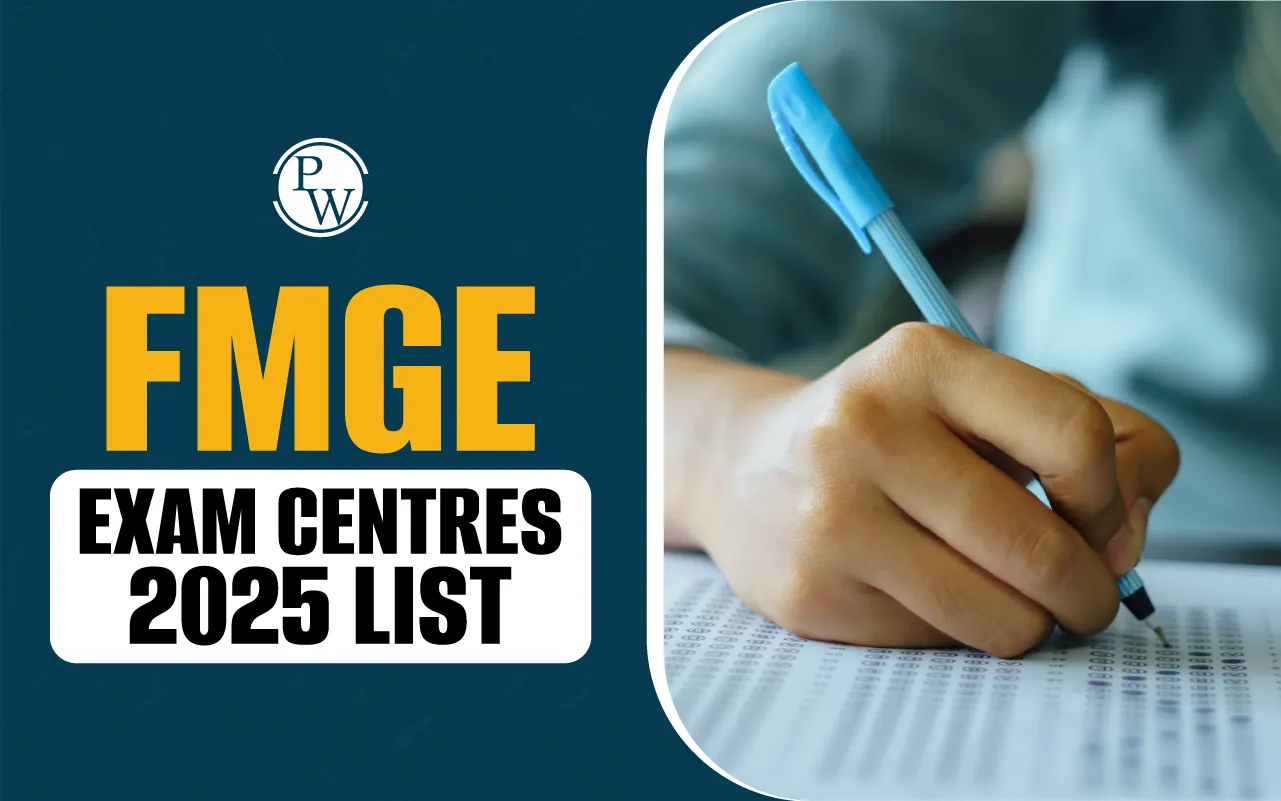
MD v/s DNB - What To Choose?: After completing MBBS, one of the most critical decisions aspiring doctors face is whether to pursue MD/MS or DNB. Both are postgraduate qualifications, but they differ in structure, admission processes, and future career opportunities. DNB, awarded by the National Board of Examinations, is designed to provide extensive practical training and hands-on experience in clinical settings. It offers a more flexible admission process and a broader range of clinical exposure, with programs typically lasting 3 to 6 years, depending on the specialty. MD/MS programs, recognized by the Medical Council of India, are more focused on academic and theoretical knowledge, offering well-rounded training in specialized fields of medicine. These programs are highly competitive and usually span three years.
The choice between DNB and MD/MS depends largely on an individual’s career goals. If clinical practice and working in private hospitals or gaining international exposure are a priority, DNB might be the better choice. In contrast, if a career in academics, research, or teaching in medical colleges is the goal, MD/MS could be more advantageous. Both qualifications hold significant value, and deciding between them will depend on whether you prefer a more hands-on, clinical-focused role or a research and teaching-oriented career in the medical field.
Download : PW Med Ed app
What is DNB?
The Diplomate of National Board (DNB) is a postgraduate medical qualification awarded by the National Board of Examination (NBE) under the Union Ministry of Health and Family Welfare, Government of India. After completing a DNB program, a specialist doctor is awarded the degree upon completing a 3 to 6-year residency program, depending on the specialty. The DNB focuses more on practical training and hands-on experience, making it equivalent to an MD/MS qualification.
What is MD/MS?
Doctor of Medicine (MD) and Master of Surgery (MS) are postgraduate degrees offered by recognized medical colleges and universities in India. MD/MS programs last for three years and provide specialized training in various fields of medicine. MD focuses on medicine and diagnosing and treating patients, while MS focuses on surgery and related disciplines. Both courses are recognized by the Medical Council of India (MCI).
DNB vs MD/MS Overview
Below is a comparison of DNB and MD/MS to help you make an informed decision:
|
Aspect |
DNB |
MD/MS |
|
Awarding Body |
National Board of Examinations (NBE) |
Medical Colleges (affiliated with MCI) |
|
Duration |
3 to 6 years, depending on the specialty |
3 years |
|
Focus |
Practical training and hands-on experience |
Academic and practical knowledge |
|
Recognition |
Recognized by MCI, equivalent to MD/MS |
Recognized by MCI |
|
Training Institutions |
Private hospitals, corporate setups |
Government and private medical colleges |
|
Specialties Available |
54 specialties |
Limited specialties, generally fewer options |
|
Exam Process |
National level exam, followed by interviews |
NEET-PG, followed by college-specific exams |
|
Career Opportunities |
Excellent for clinical practice |
Better for academics and research |
DNB vs MD/MS Admission Process
The admission process for MD/MS and DNB courses differs significantly. While MD/MS requires clearing the NEET-PG exam, DNB offers a relatively easier entry through a common entrance test and interview.
MD/MS Admission
- Admission to MD/MS courses is highly competitive. You must clear the NEET-PG examination to get a seat.
- Medical colleges, both government and private, conduct the admission process based on NEET-PG results. However, private colleges may require capitation fees.
DNB Admission
- Admission to the DNB program is comparatively easier. The NBE conducts a common entrance test, followed by an interview.
- DNB provides a better chance to get your choice of institution and branch compared to MD/MS.
DNB vs MD/MS Course Structure
The course structure for MD/MS and DNB programs varies in terms of focus. MD/MS courses provide extensive theoretical learning but may have limited practical exposure, especially in government institutions. In contrast, DNB courses emphasize clinical training with access to advanced medical technology, offering more hands-on experience in private institutions.
MD/MS : In MD/MS courses, medical students receive comprehensive training in their specialty. Government institutions typically offer high patient loads but less focus on academics, while private institutions may offer better theoretical learning but fewer practical opportunities.
DNB: DNB institutions, especially in the private sector, offer more exposure to the latest medical technology and practices. The academic component is not as strong due to the heavy focus on clinical training. DNB candidates work with high-tech equipment in well-established hospitals.
DNB vs MD/MS Clearing the Final Exam
In MD/MS courses, candidates typically have higher chances of clearing the final exam in fewer attempts. However, DNB candidates face tougher challenges, as the pass rates are relatively lower, and it often takes more attempts to clear the final exam.
DNB vs MD/MS Career Prospects
When it comes to career prospects, MD/MS graduates are better positioned for academic and research roles, while DNB graduates excel in clinical practice and private healthcare settings. Both offer rewarding opportunities, depending on your career goals.
MD/MS Career
- MD/MS graduates have more recognition in academic fields and are better suited for teaching positions in medical colleges.
- These graduates are also more likely to find positions in government hospitals and research institutions.
DNB Career
- DNB graduates are well-recognized in clinical settings and private practice.
- While some private practices may initially show a preference for MD/MS holders, DNB holders are increasingly being considered equal due to the quality of training they receive.
Which is Better? DNB or MD/MS
Both DNB and MD/MS offer value depending on the career path you wish to pursue:
- MD/MS is better for those who aim for a career in academics, research, or teaching in medical colleges.
- DNB is preferable for those interested in clinical practice, especially in private hospitals or those planning to work overseas where DNB is often preferred.
Advantages of DNB:
- Greater clinical exposure and hands-on experience in private hospitals.
- Widely recognized internationally.
- Easier to get admission compared to MD/MS.
- More chances to get your preferred specialty.
Advantages of MD/MS:
- Better recognition in India, especially in teaching and academic sectors.
- More comprehensive academic training with a structured approach to research and teaching.
DNB vs MD/MS - Specialist Opinions
According to Dr. Ved Prakash Mishra, former academic cell chairman of MCI, there is no formal parity between MD/MS and DNB, but the former is considered more prestigious for academic roles. On the other hand, Dr. Rajesh Swarnakar, a senior chest physician, believes that DNB is superior to MD/MS due to its higher standards and rigorous examination process.
Choosing between DNB and MD/MS is a personal decision based on your career goals. If you are aiming for a career in clinical practice, particularly in private hospitals or abroad, DNB might be the right choice. However, if you are inclined toward academics, research, or teaching in India, MD/MS could be more beneficial.
Ultimately, both qualifications hold their value, and pursuing either path will lead to a rewarding medical career. Focus on choosing the option that aligns relevant with your aspirations and future plans.
MD v/s DNB - What To Choose? FAQs
What is the difference between DNB and MD/MS?
Which qualification is better for clinical practice?
Is the admission process for DNB easier than MD/MS?
What career opportunities can one expect with DNB or MD/MS?
How long does it take to complete DNB and MD/MS?










